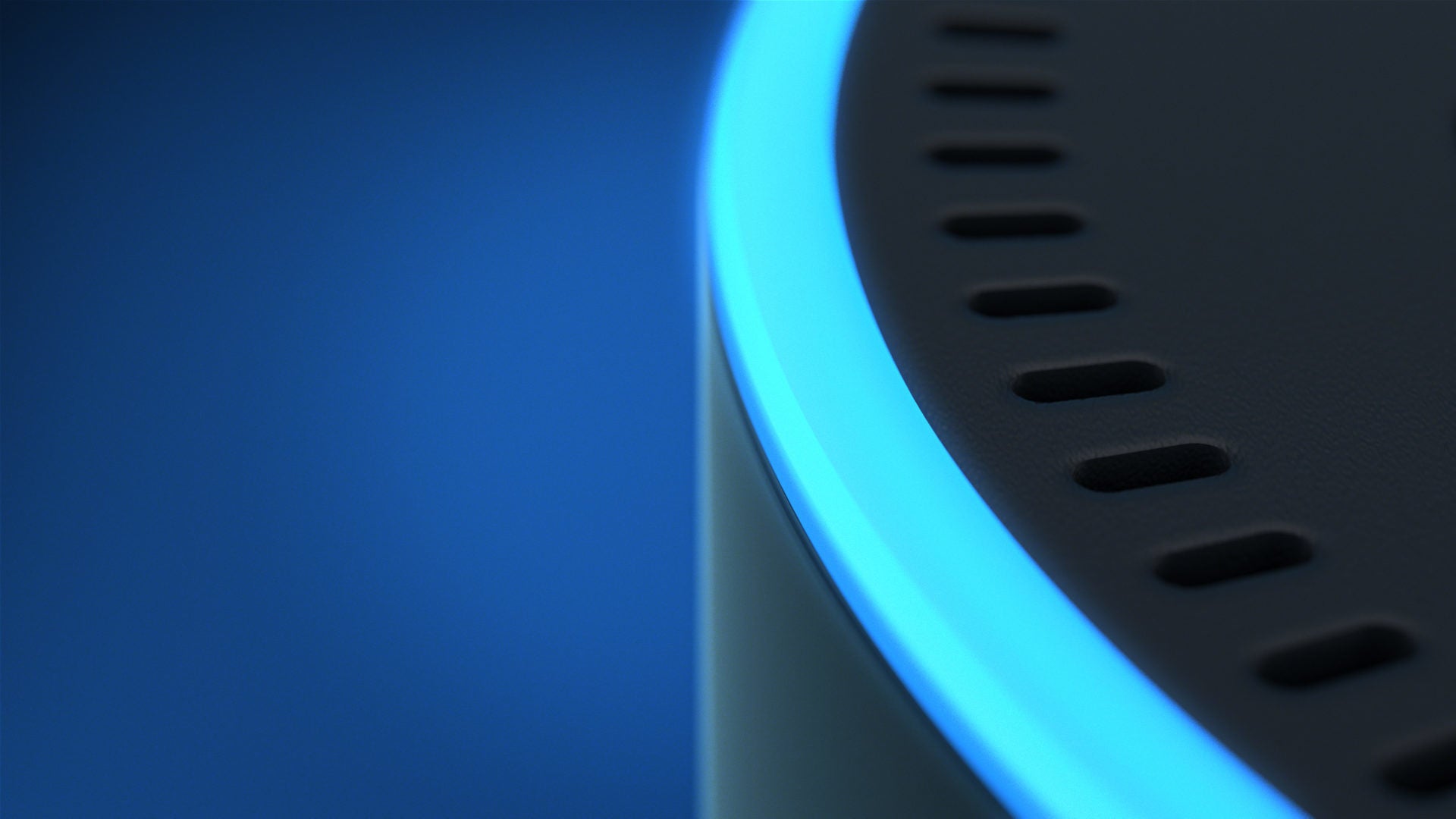
More than 114 million smart speakers sit in homes around the world, listening out for the wake word to start processing your voice command.
But what does Amazon, Google and Apple do with all that voice data? One in three (37%) of smart speaker owners are unaware of how their voice data is stored.
According to a poll by YouGov, around 12% of the 1,000 people surveyed thought that their voice command was not recorded at all and forgotten by the speaker immediately.
Some owners (7%) said that they believed the voice commands were stored on the smart speaker itself.
Voice data is, in fact, recorded and stored in the cloud by the smart speaker’s manufacturer – 63% of respondents answered correctly.
And smart speaker owners are able to access their own voice recordings, but just 41% of people are aware of this.
How well do you really know your competitors?
Access the most comprehensive Company Profiles on the market, powered by GlobalData. Save hours of research. Gain competitive edge.

Thank you!
Your download email will arrive shortly
Not ready to buy yet? Download a free sample
We are confident about the unique quality of our Company Profiles. However, we want you to make the most beneficial decision for your business, so we offer a free sample that you can download by submitting the below form
By GlobalDataSmart speaker voice data kept to improve service
Although users are able to view and delete their recordings so that they no longer appear on their account, manufacturers are able to keep them for longer periods.
“Smart speaker companies not only store the commands given to them, they also store and record general parts of conversations,” said Thomas Richards, network security and red team practice director at software company Synopsys.
Smart speaker makers say that this is in order to improve the software and better understand human speech.
Storing this voice data has had unintended consequences, though. In some cases, snippets of conversation have been provided by Amazon to court cases, including a double murder case in November 2018.
It also recently emerged that Amazon hires thousands of people to listen to voice recordings captured by Echo speakers. These teams transcribe the software in a bid to improve the software, the company says. Amazon has said that this was only for “extremely small number of interactions” and that customers were picked at random.
Apple’s privacy policy states that voice recordings are saved for six months to improve the service, with some kept for longer but without any indicator that could identify the customer.
“The recordings from these smart speakers are kept indefinitely by the companies so they can enhance and better training the smart assistants; which raises several privacy concerns for individuals,” added Richards.
Read more: Debunking voice technology myths and misconceptions





